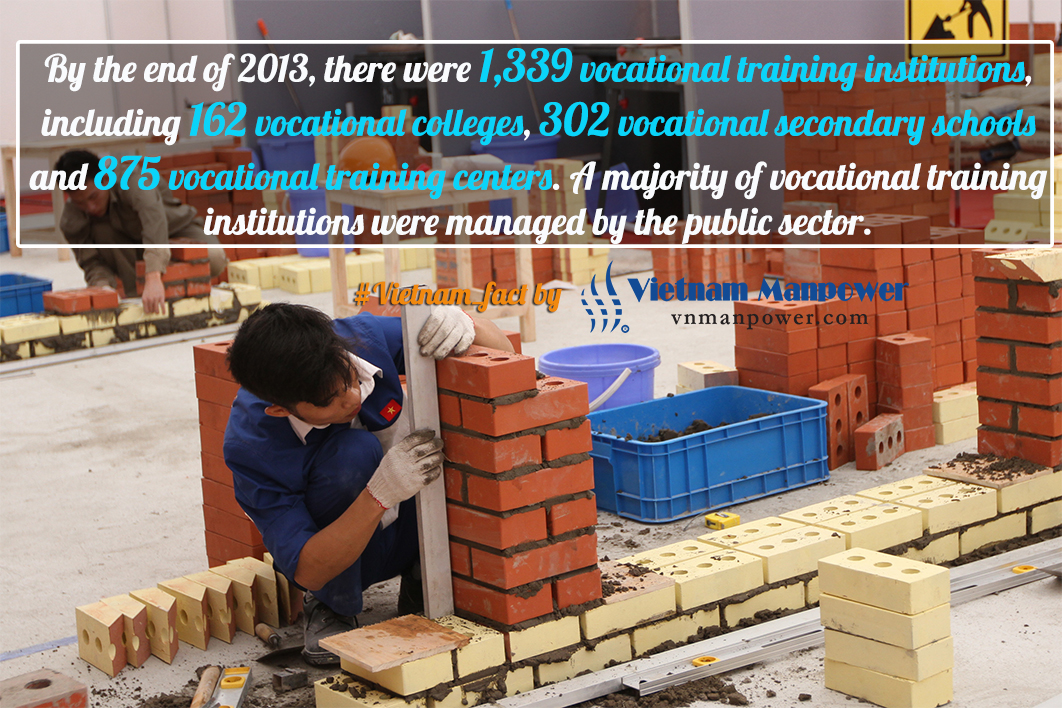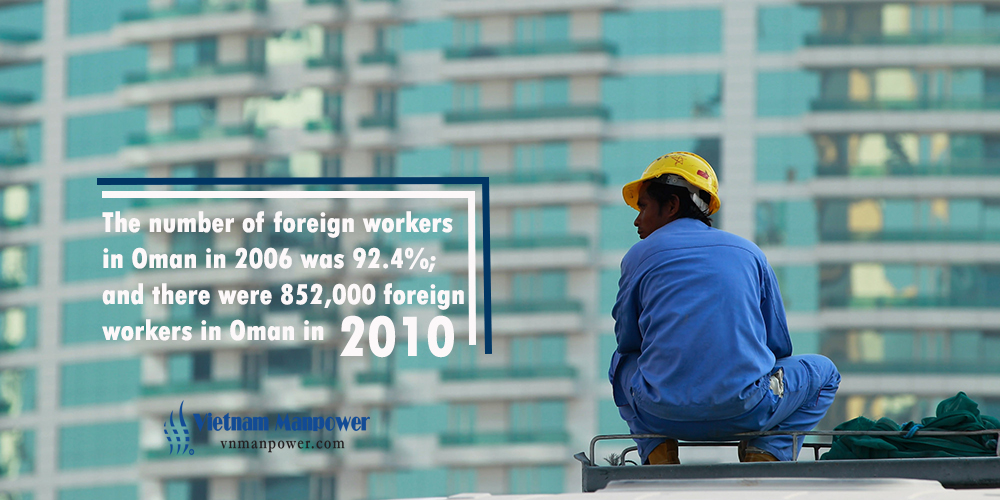In many countries, foreign workers make up a large part of the workforce. Still, there is some debate about benefits of this for the economy of the country. Here I will look at arguments for and against hiring foreign workers, and how to solve foreign worker problems.
Advantages of hiring foreign workers
There are benefits to both the country that the foreign workers work and the countries that they came from.
1. Foreign labour is often cheap

Workers are often attracted to countries with strong economies as they can earn higher pays than at home. That means the host country can get a good supply of low-cost labor and this will make it more competitive and raise profits. For example, Vietnam has had thousands of workers in the UAE, mainly at construction sites, factories and services with monthly salaries from 350-1,500 USD.
For those who are interested in:
Best destinations to work oversea for expat
How to overcome cross cultural issues in recruitment?
What do the recruiters require from applicants for the international companies?
2. Foreign workers are already trained

The number of vocational training institutions in Vietnam – One of the leading countries in labor export
You don’t need wait years to train them in college or on the job. That also saves lots of money and means that projects can be quickly completed. Vietnamese workers are a good example. Labour quality in this country has improved a lot over recent years. Before being sent to work in other countries, they are trained properly in terms of skills and behaviors in line with the requirements of the company they will work for. To say nothing about the fact that the successful candidates are strictly selected from a large number of potential ones.
You may also want to have a look at:
When to use in-house training for your employees?
3. Foreign workers are prepared to do jobs local people don’t want to do

In many developed countries, local people don’t want to do work in remote areas or do dangerous or dirty jobs. Those are often jobs in construction, jobs with anti-social hours like hotels, etc. All of those mean that enterprises can provide wide range of services at lower costs by hiring foreign workers.
4. The foreign workers’ business connection helps out a lot

Some employers try to benefit from the business connection of foreign workers in their home country. Those companies can have their offices staffed with foreign workers of some nationalities, especially those with solid working experience in their own countries, which benefit their exploring overseas business ventures. For instance, foreign labour has contributed to the consolidation of foreign relations between Oman and other countries, including the exchange of products like ivory and teak between Oman and India, import of silk from China, etc.
5. For the country of origin, the benefit is remittances
Obviously, foreign workers help many countries develop quickly. For example, Oman is considered one of the top countries that allow foreign labour to work in it. The number of foreign workers in Oman in 2006 was 92.4%; and there were 852,000 foreign workers in Oman in 2010. The presence of foreign employees in Oman results in higher levels of the economy. They helped develop buildings in many cities in Oman such as Muscat, etc. It has lots of new big buildings like Grand Hyatt Muscat hotel. The foreign labour has contributed to the development of the Omani firms, so the corporate income becomes high.

Not only benefiting the host country, sending workers to other countries benefits the countries of origin. What those countries benefit is remittances. This is the term for money sent home by the citizen of the country living abroad. For some countries with lots of citizens working in foreign countries, remittances can be a main part of national income. The remittances can be used to push up the local economies and move the countries toward a higher level of development.
Disadvantages of hiring foreign workers
1. Foreign workers may create insufficient employment opportunities among locals

Straightly speaking, foreign workers can take away jobs from locals. In times of recession, there have been not a few firms replacing their local staff with foreigners. Also, employers may not want to give the locals high pays if they can employ foreign labor more cheaply. That’s why there are locals that are not opening to embrace their foreigner counterparts with open arms. For example, in Singapore, there have been over 1 million foreign workers, including 157,000 Filipinos. They have not been welcomed by many locals. ‘Singapore for Singaporeans’ was the angry cry of 4,000 protesters in 2013. The protest was directed at a government white paper planning the population to increase from 5.5 million to 6.9 million by 2030, with immigrants holding nearly half of the figure.
2. The employers lower wages for some jobs

Jobs that are attractive in some countries – for example, construction, become paid very low if they hire mostly foreign workers. For example, according to the CPF annual report, the percentage of Singaporeans that earned below $1,500 was 26%, which was a significant amount. Was the wages of those Singaporeans depressed due to the low-wage situation? Over the past few years, as it is cheaper to employ foreign workers, enterprises would hire foreign workers at low wages, and thus wages have been kept at a low level. Singaporeans have to accept low wages for a job there.
3. Foreign workers may have high burnout rate
They may not be loyal to a company. That means they may change jobs often, or leave the country. The problem is due to some factors including language barriers, being away from family and friends, having to cope with an entirely new culture, feeling of isolation, not getting days off, having their salaries cut, not being fed properly, etc.
In case you are interested in:
5 Killer Tips to Avoiding Labor Disputes
Overall, it is difficult to find workers at the right price while developing a strong and diversified economy with good job opportunities for all. If a country has no foreign workers, its economy can suffer and the people’s lives can suffer. If it has lots of foreign workers, the economy will do well, but it has other social pressures, other problems. More intensive technology investment and local employee training can help, but it works far less on SME enterprises that will find hard to survive without hiring foreign workers. That’s why there needs something that, to some extent, balances the needs, identity and economic requirements. It may be:
√ The government limits the population of the foreign workers to areas with low percentage of unemployment.
√ If employing work permit holders, employers shall be responsible for paying an additional foreign worker levy for each worker. Increasing the levy on foreign employees helps increase the wage of locals.
√ Employers should treat their workers fairly and maintain a motivated workforce.
√ The offshore placement agencies and the hirers themselves need give properly training to foreign workers so that they can be adjusted with the new culture and language. Of course, that can’t work out overnight.












Replies to This Discussion